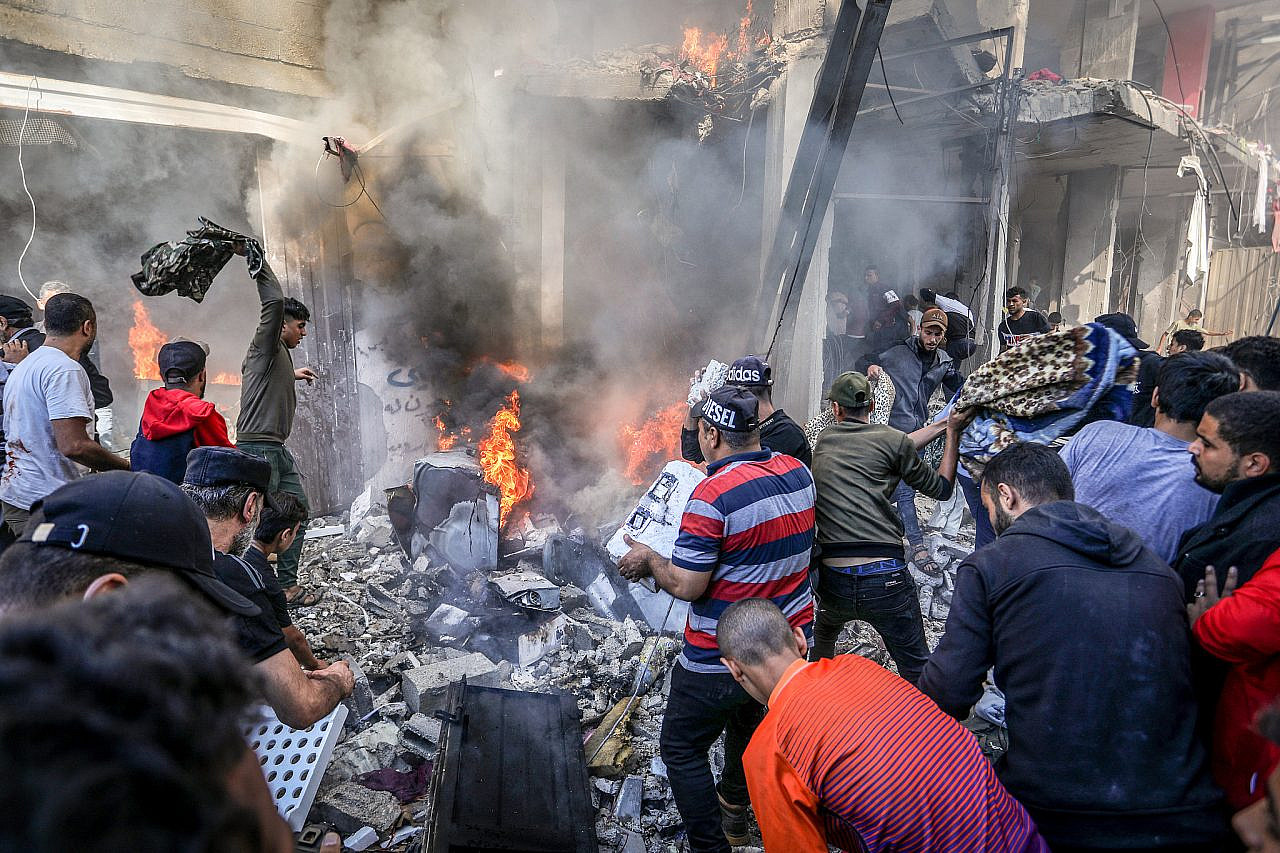 It was another week at war in Afghanistan, another string of American casualties, and another collective shrug by a nation weary of a faraway conflict whose hallmark is its grinding inconclusiveness.
It was another week at war in Afghanistan, another string of American casualties, and another collective shrug by a nation weary of a faraway conflict whose hallmark is its grinding inconclusiveness.
After nearly 11 years, many by now have grown numb to the sting of losing soldiers like Pfc. Shane W. Cantu of Corunna, Mich. He died of shrapnel wounds in the remoteness of eastern Afghanistan, not far from the getaway route that Osama bin Laden took when U.S. forces invaded after Sept. 11, 2001, and began America's longest war.
Cantu was 10 back then.
Nearly every day the Pentagon posts another formulaic death notice, each one brief and unadorned, revealing the barest of facts - name, age and military unit - but no words that might capture the meaning of the loss.
Cantu, who joined the Italy-based 173rd Airborne Brigade on Sept. 11 last year and went to Afghanistan last month, was among five U.S. deaths announced this past week, as the Democrats and Republicans wrapped up back-to-back presidential nominating conventions.
American troops are still dying in Afghanistan at a pace that doesn't often register beyond their hometowns. So far this year, it's 31 a month on average, or one per day. National attention is drawn, briefly, to grim and arbitrary milestones such as the 1,000th and 2,000th war deaths. But days, weeks and months pass with little focus by the general public or its political leaders on the individuals behind the statistics.





 The United States will mark the 84th anniversary of the Japanese attack on the U.S. naval...
The United States will mark the 84th anniversary of the Japanese attack on the U.S. naval... In 2021, a book titled “The Human-Machine Team: How to Create Synergy Between Human and Artificial...
In 2021, a book titled “The Human-Machine Team: How to Create Synergy Between Human and Artificial...:focal(1285x1016:1286x1017)/https://tf-cmsv2-smithsonianmag-media.s3.amazonaws.com/filer_public/d1/4e/d14ed238-3b62-4506-9f53-fc2178dade60/nov2025_d17_prologue.jpg) In the fall of 1945, a bit more than six years after Nazi Germany invaded Poland...
In the fall of 1945, a bit more than six years after Nazi Germany invaded Poland... The last plane carrying U.S. forces left Afghanistan on Monday, meeting an Aug. 31 deadline to withdraw...
The last plane carrying U.S. forces left Afghanistan on Monday, meeting an Aug. 31 deadline to withdraw...






























